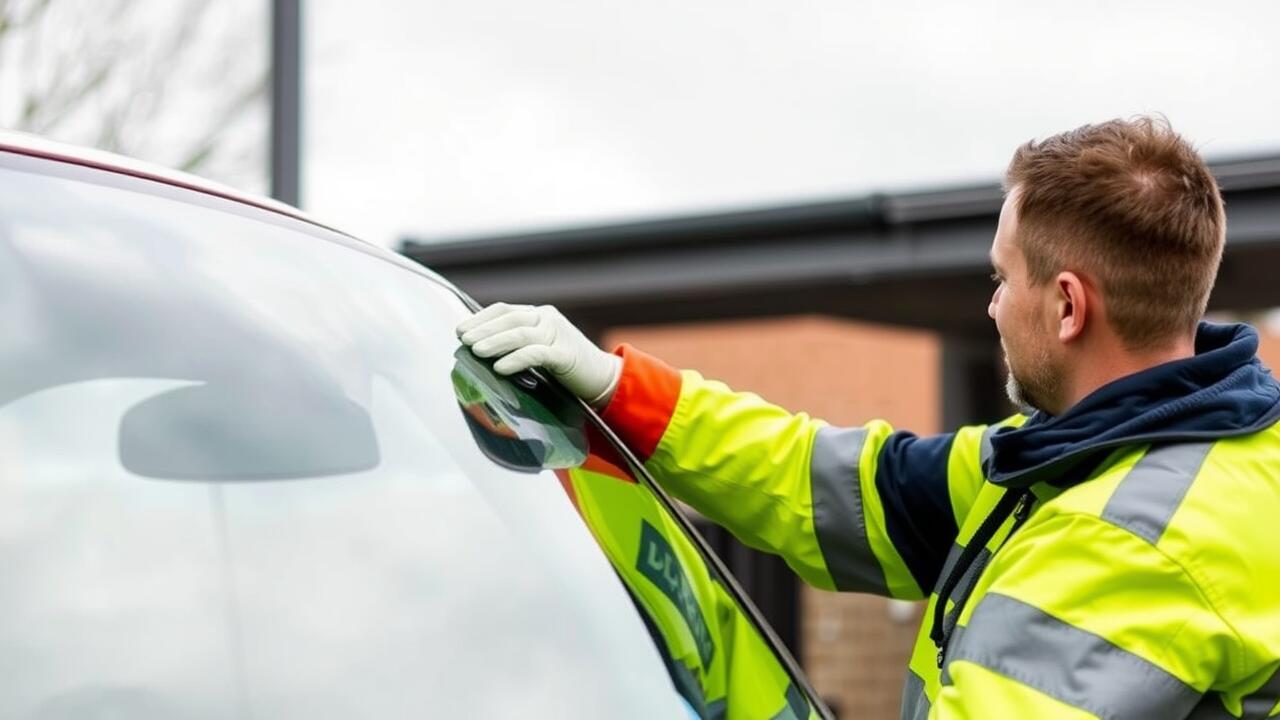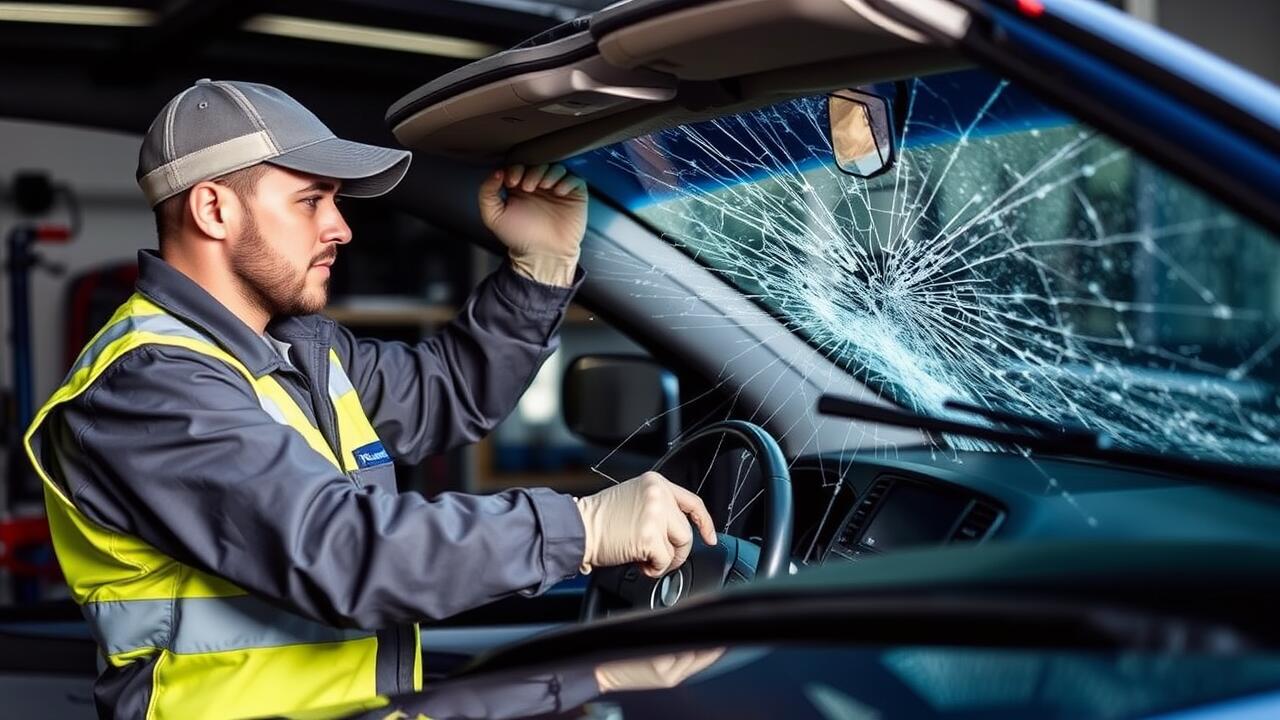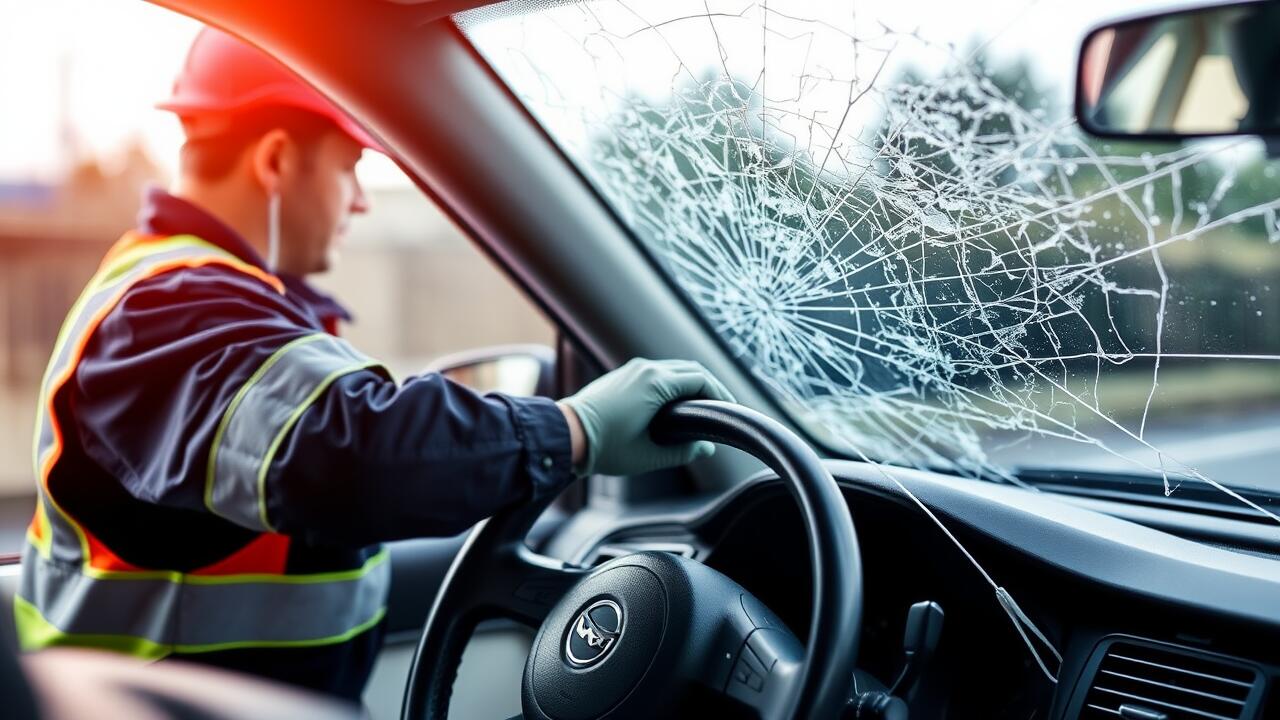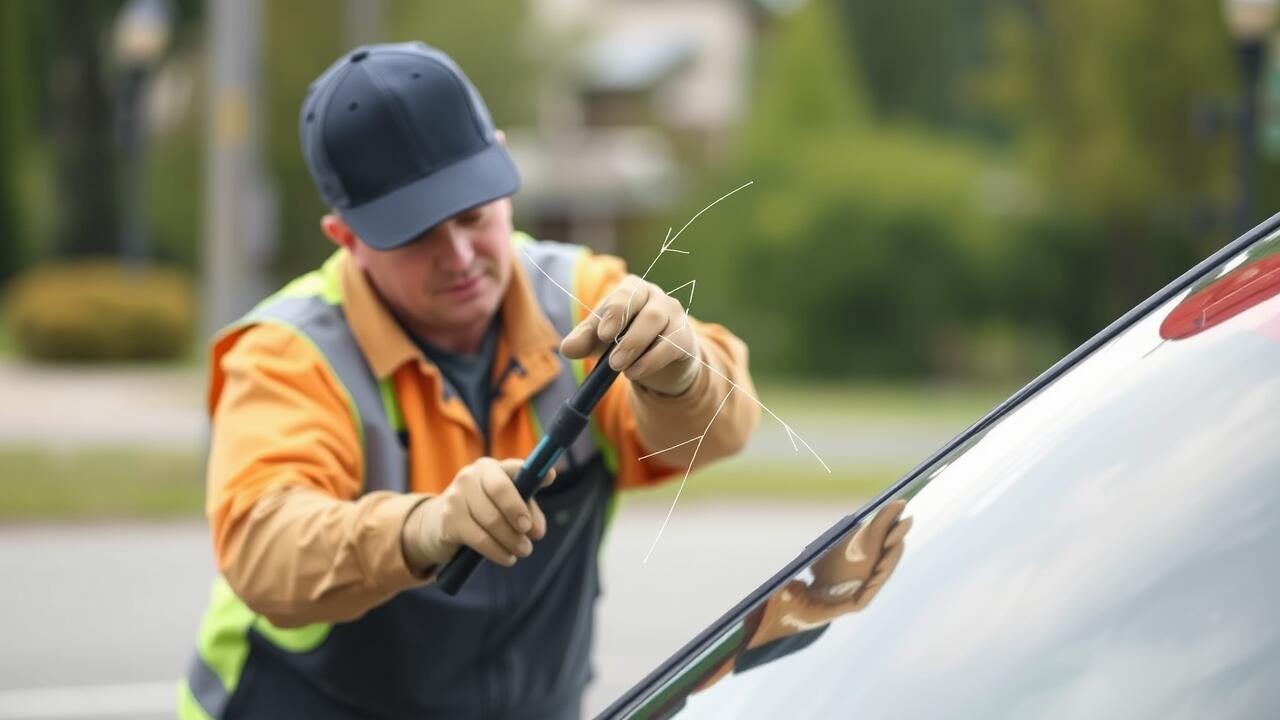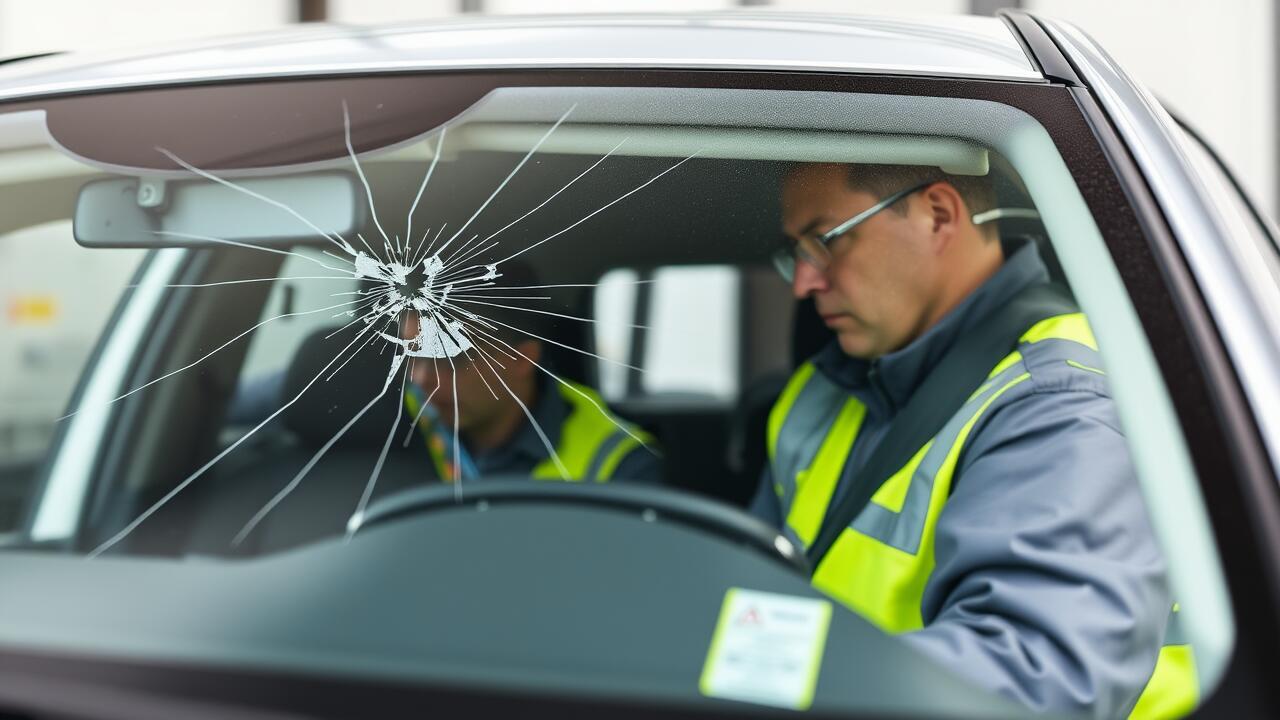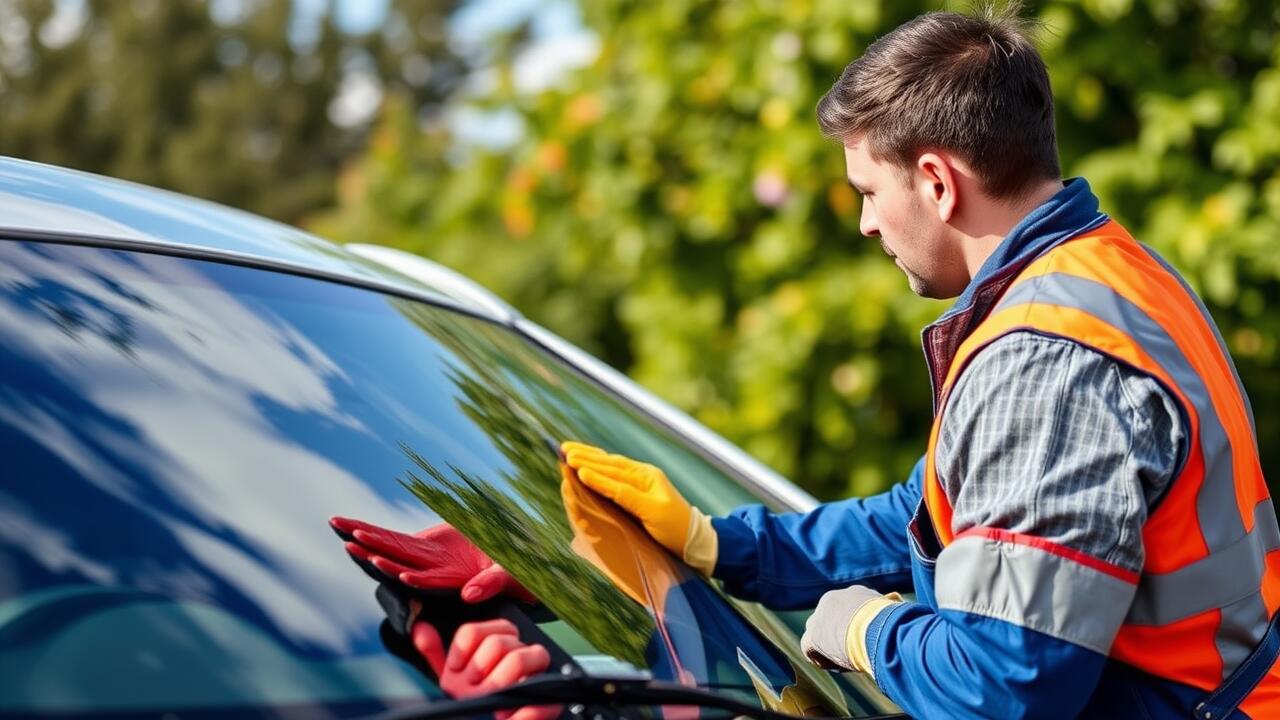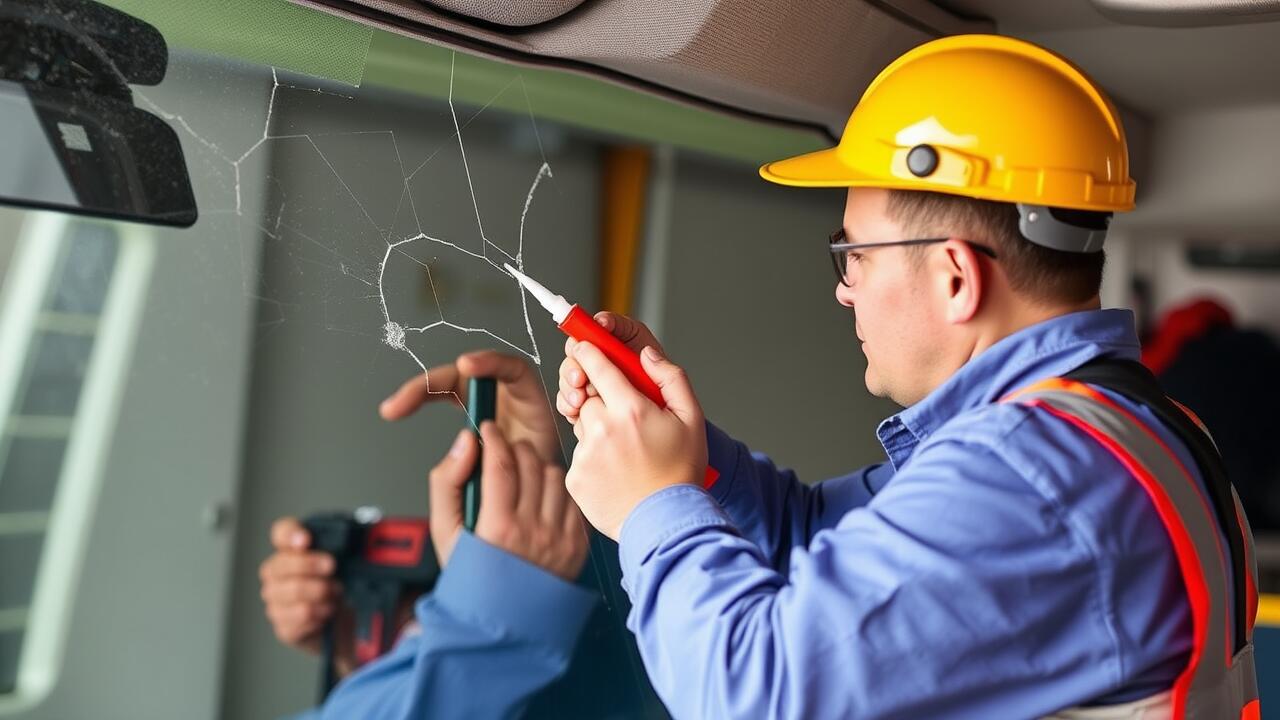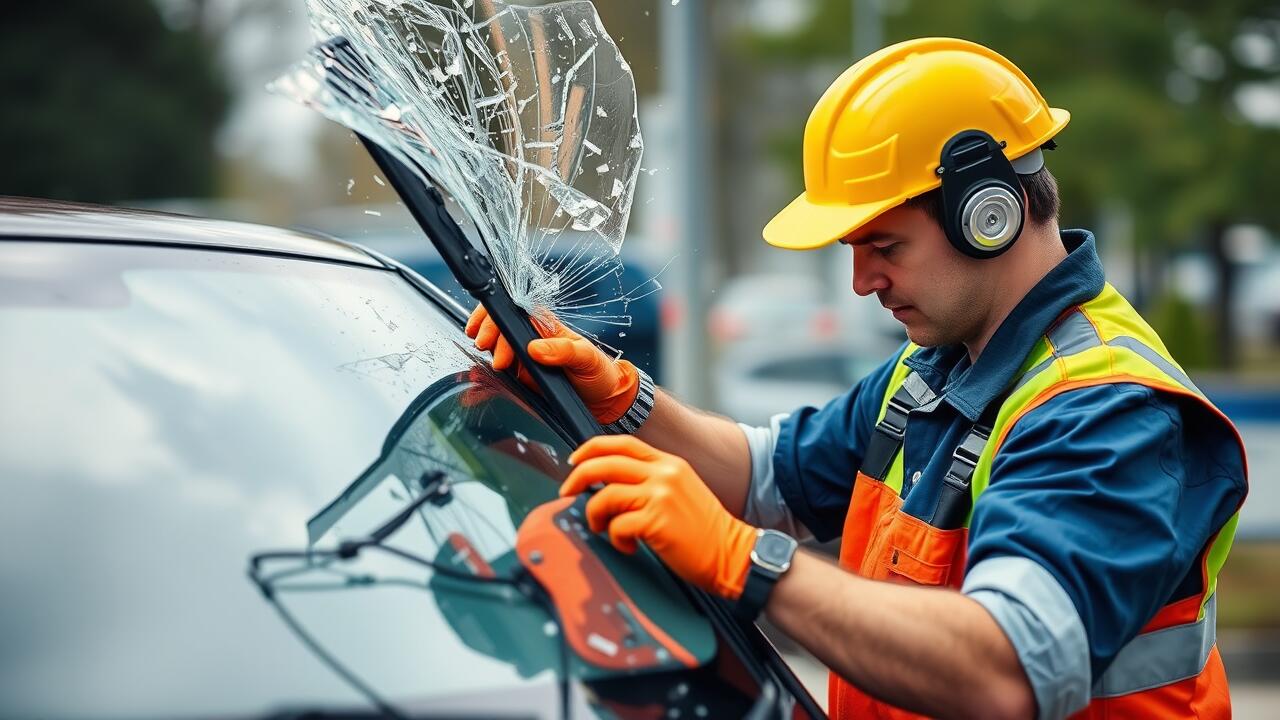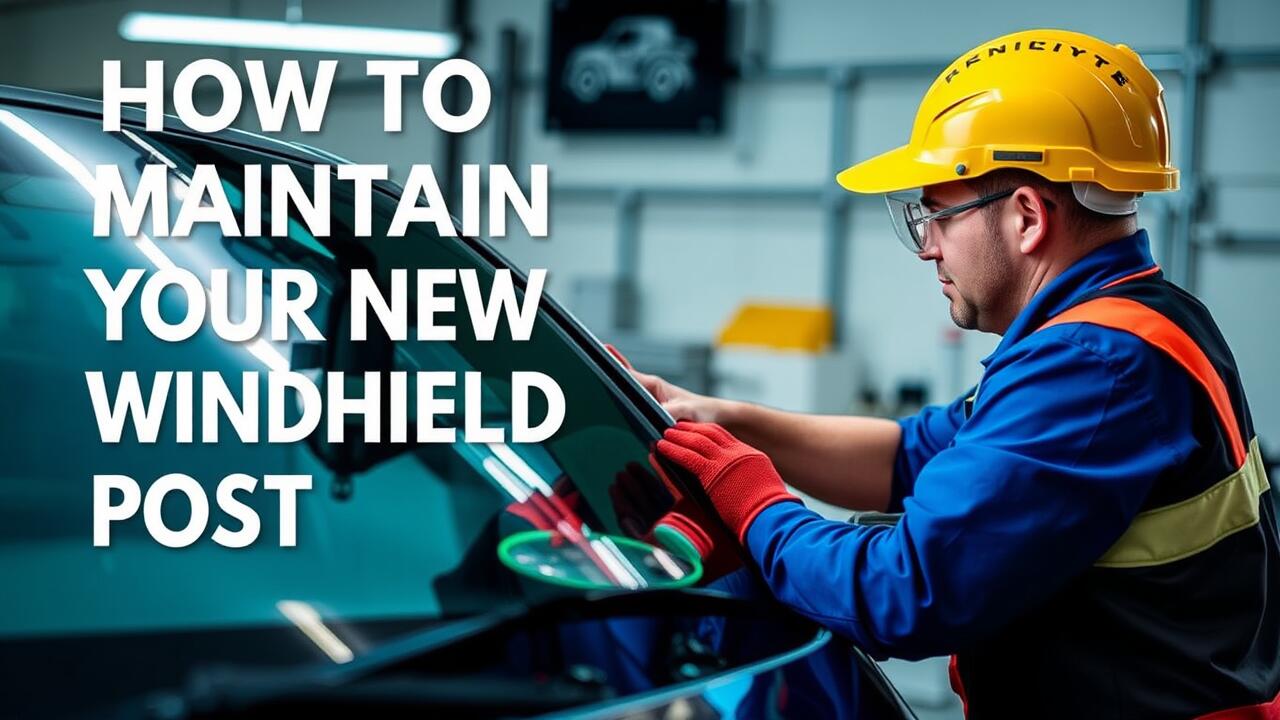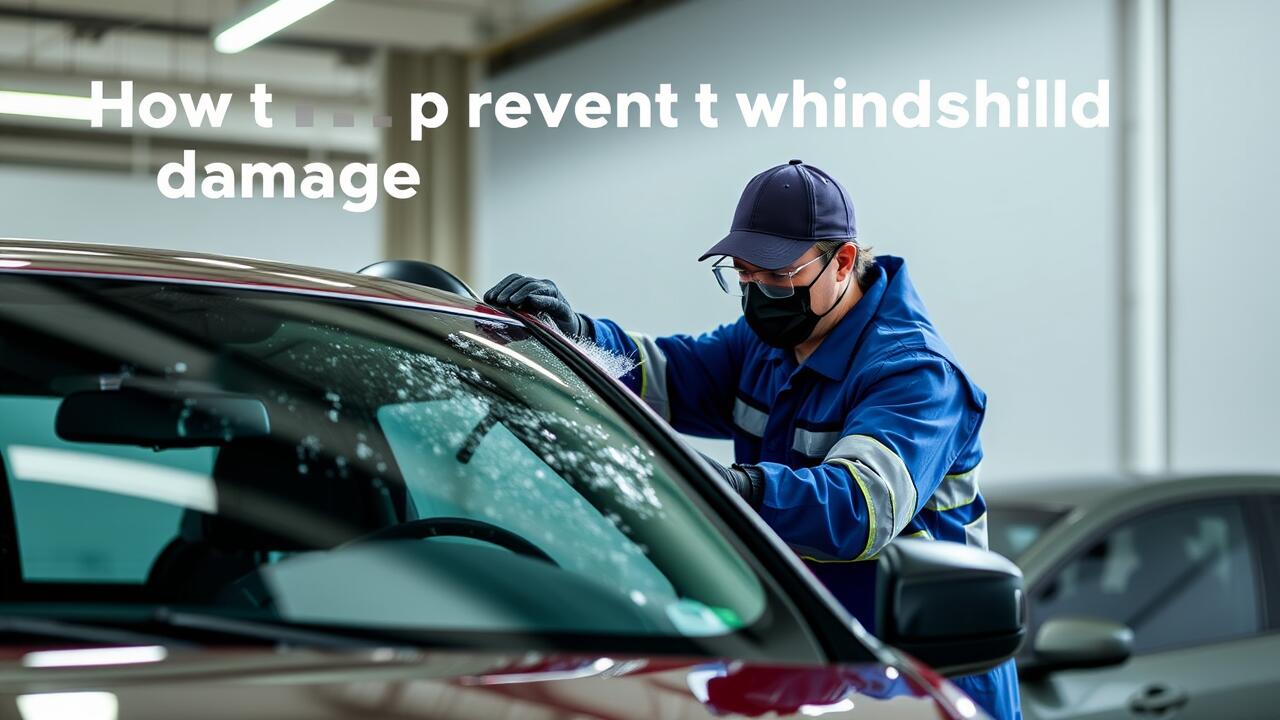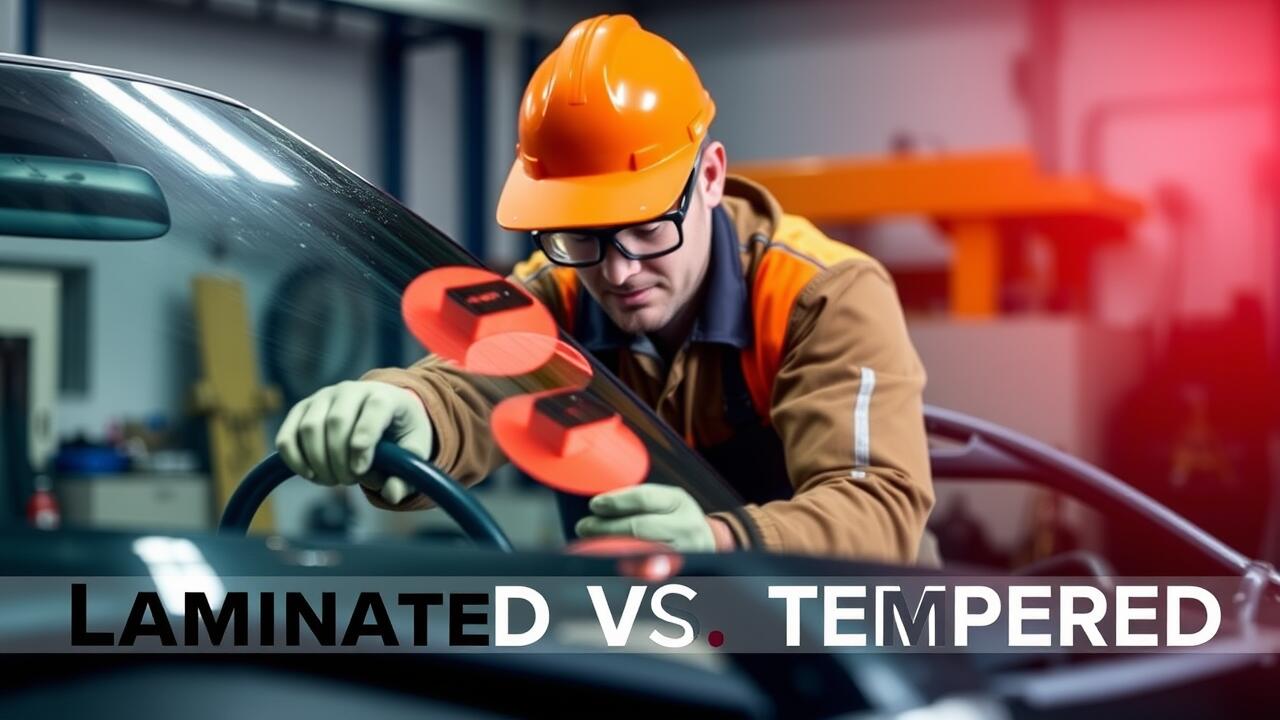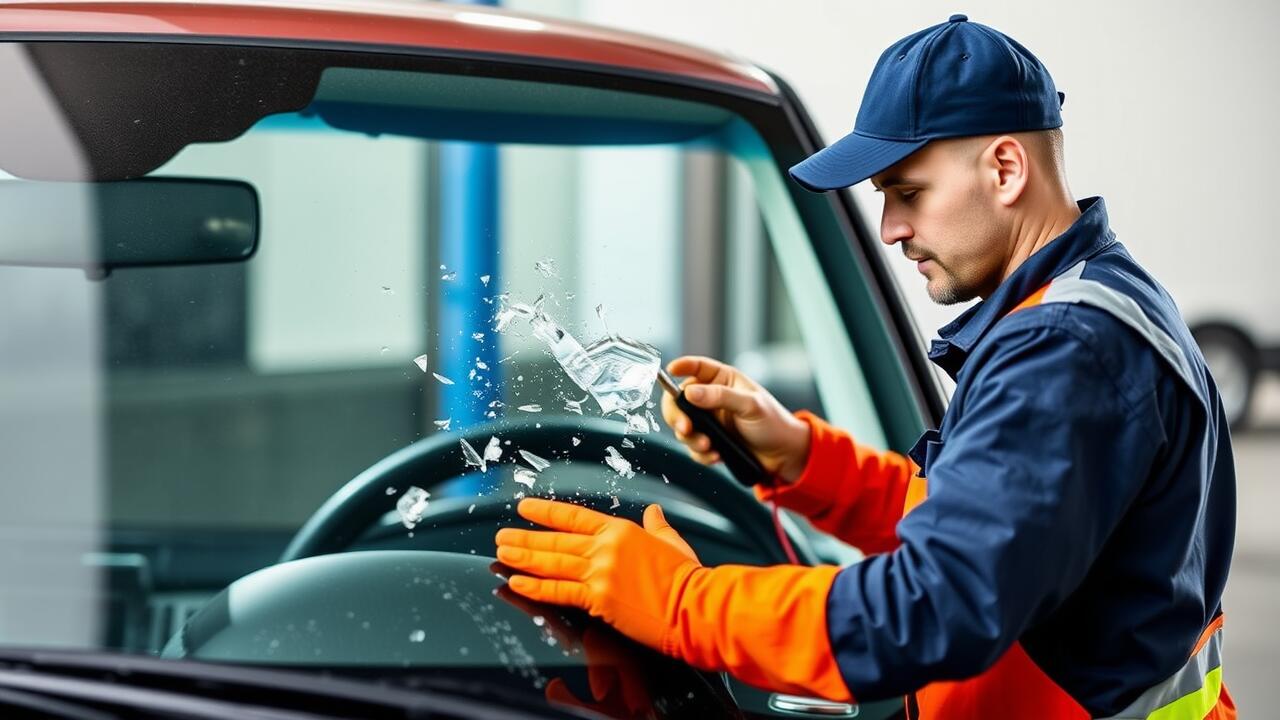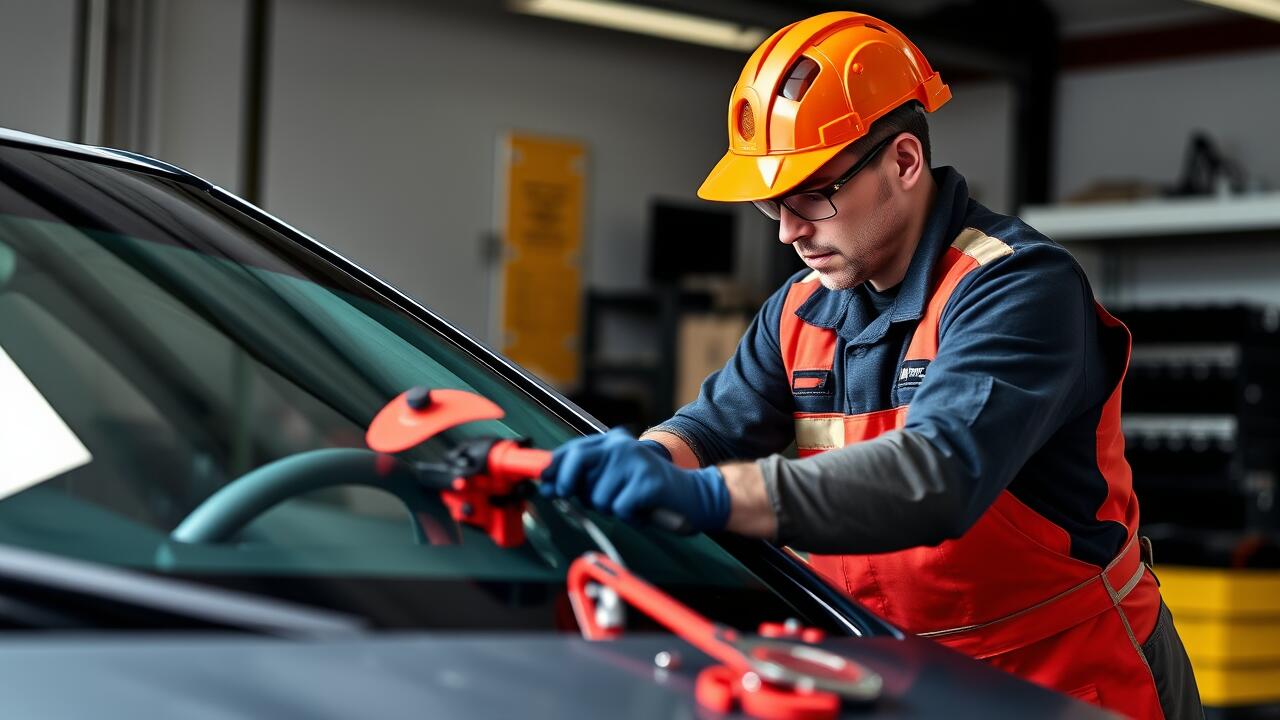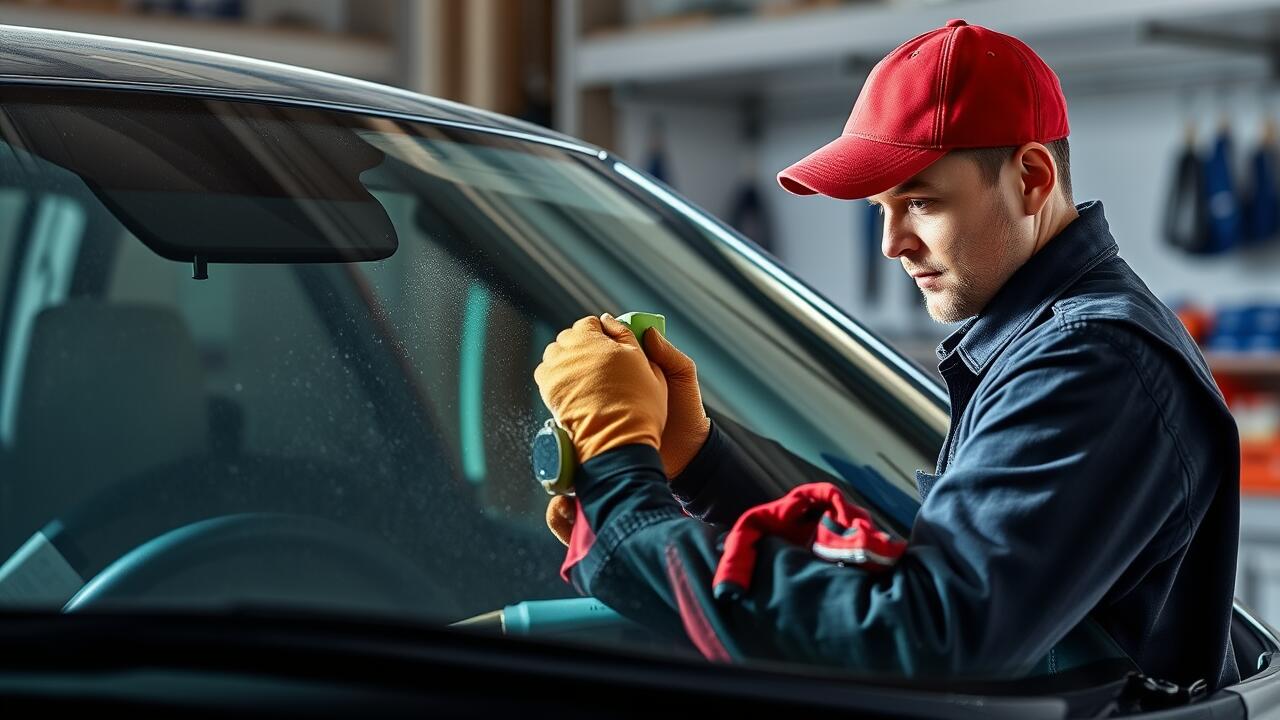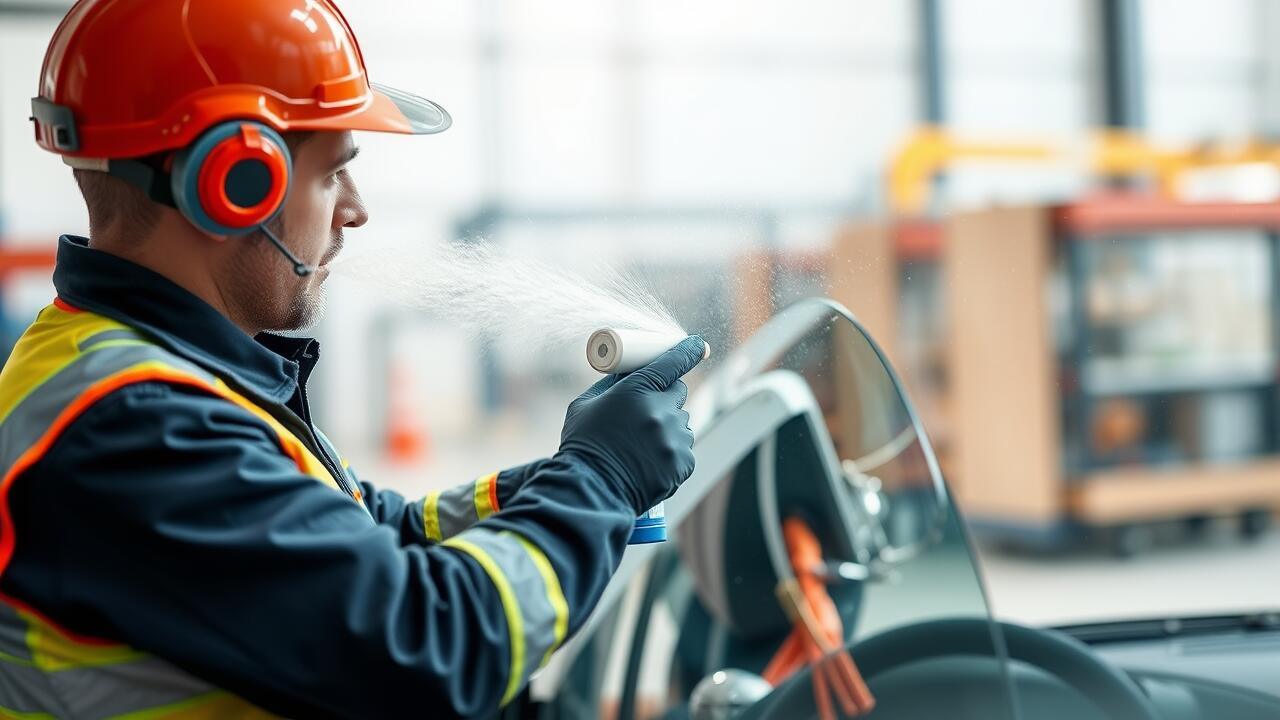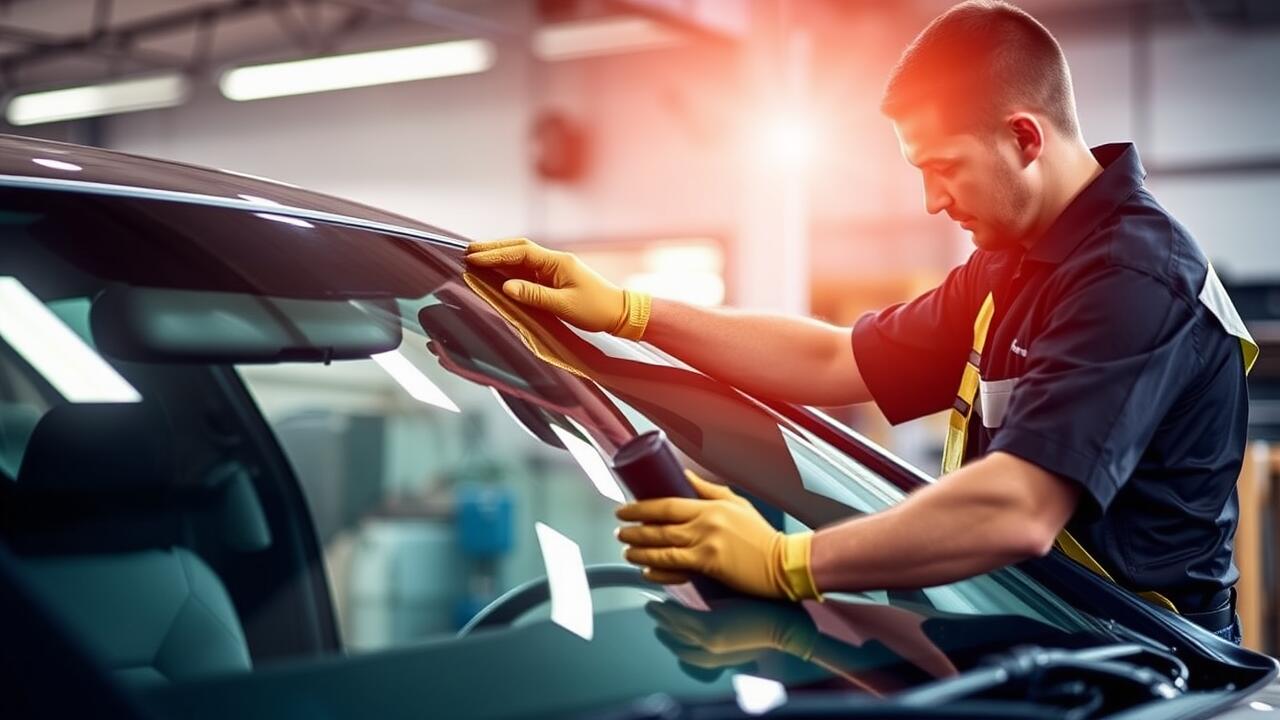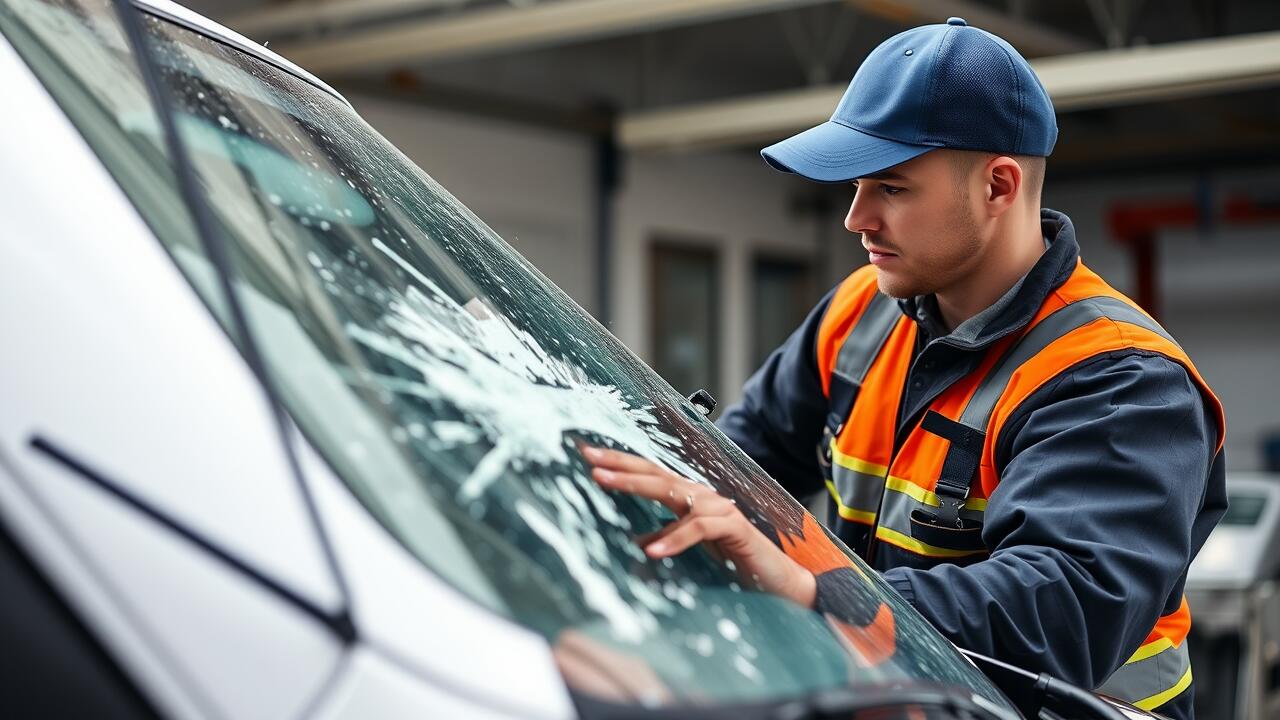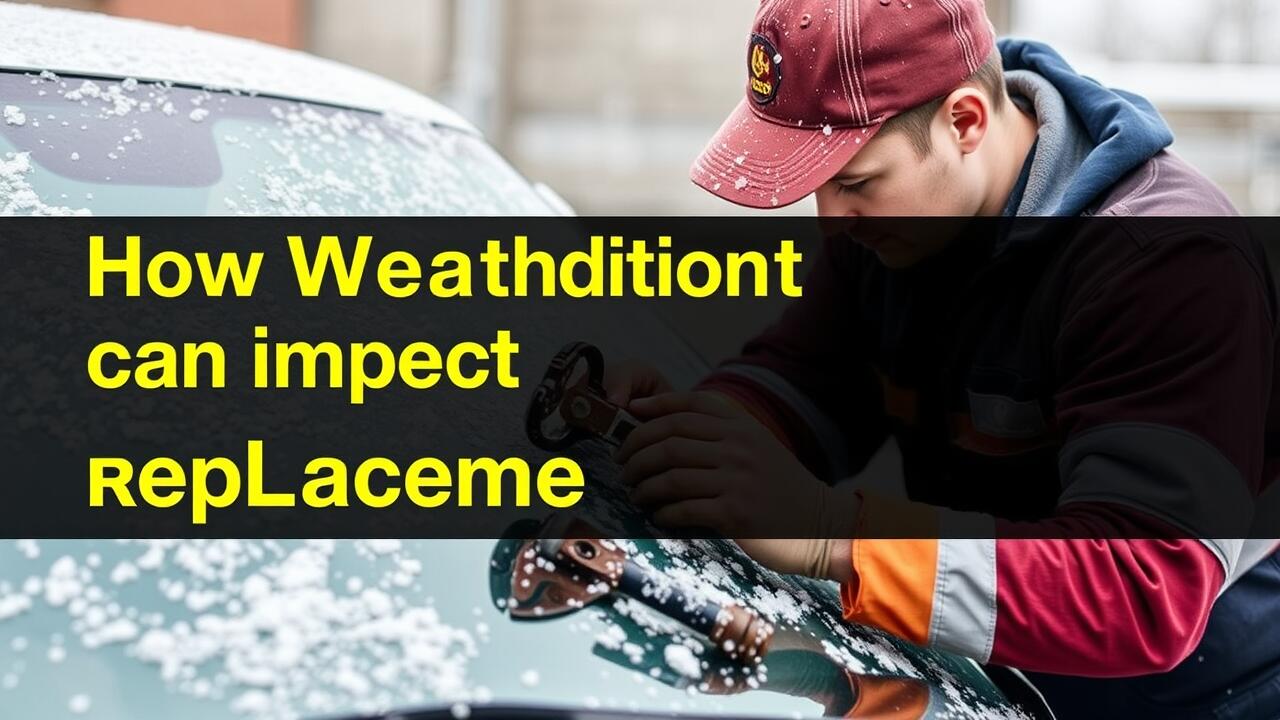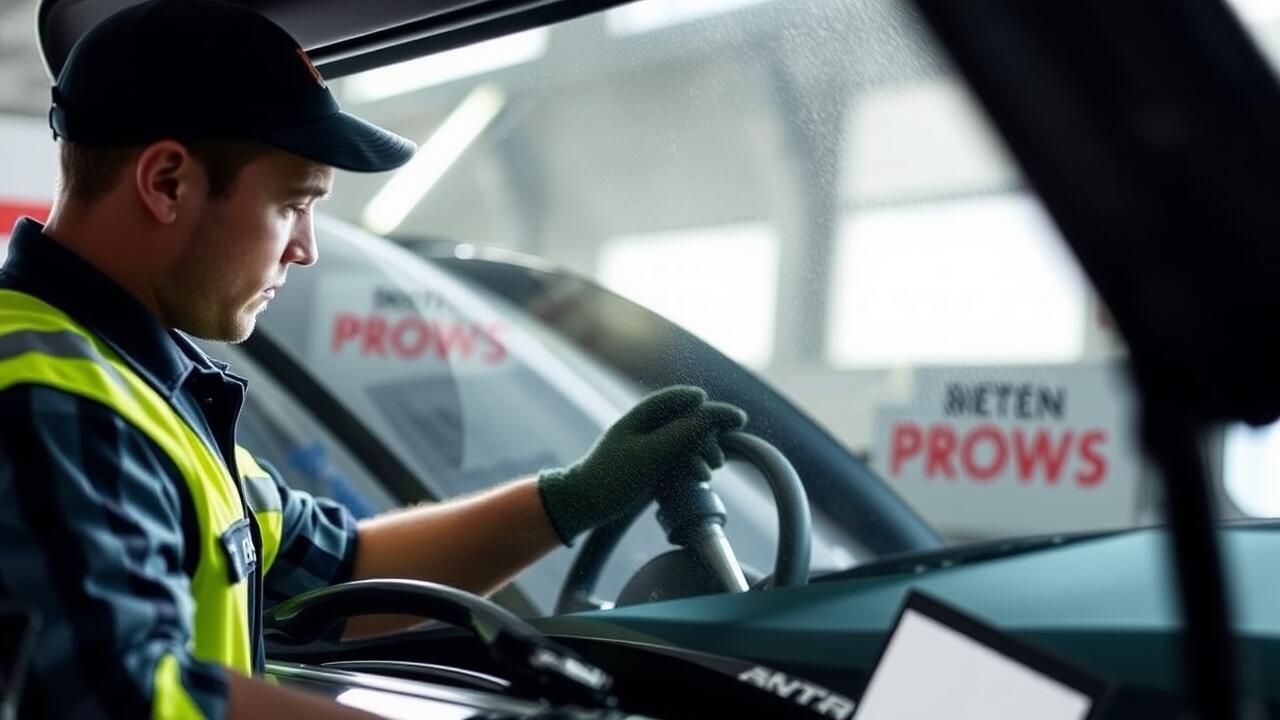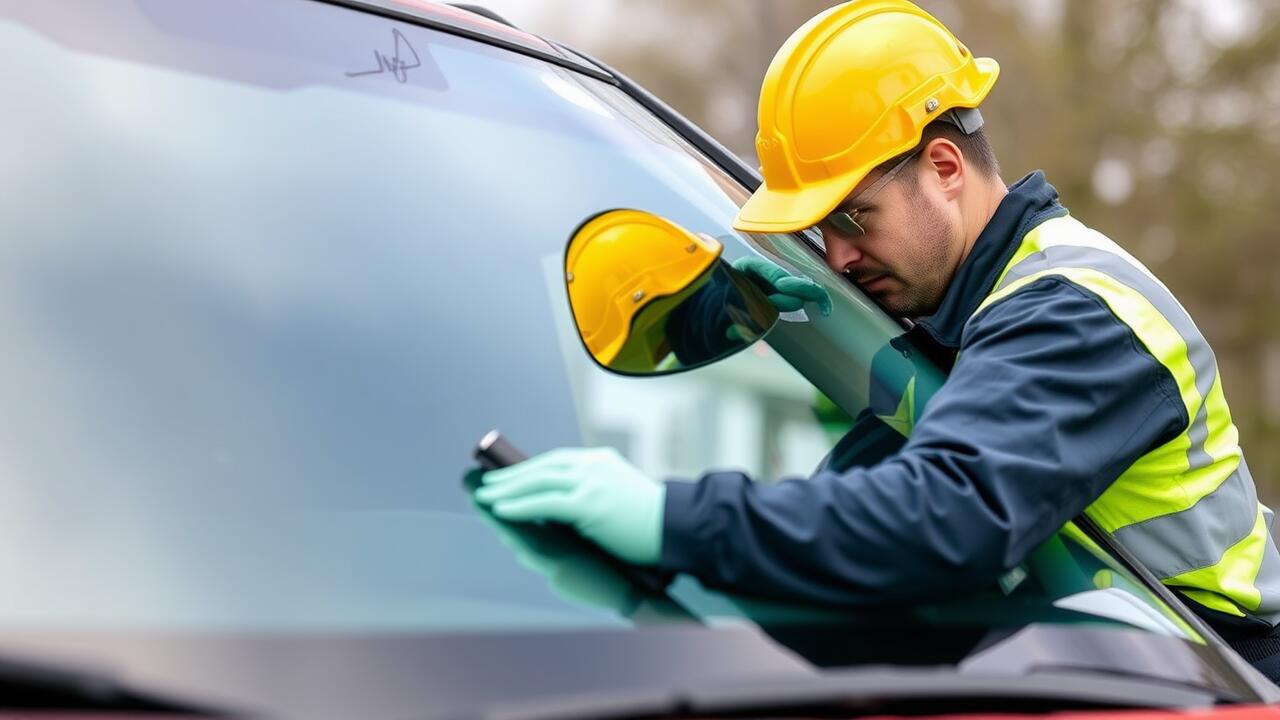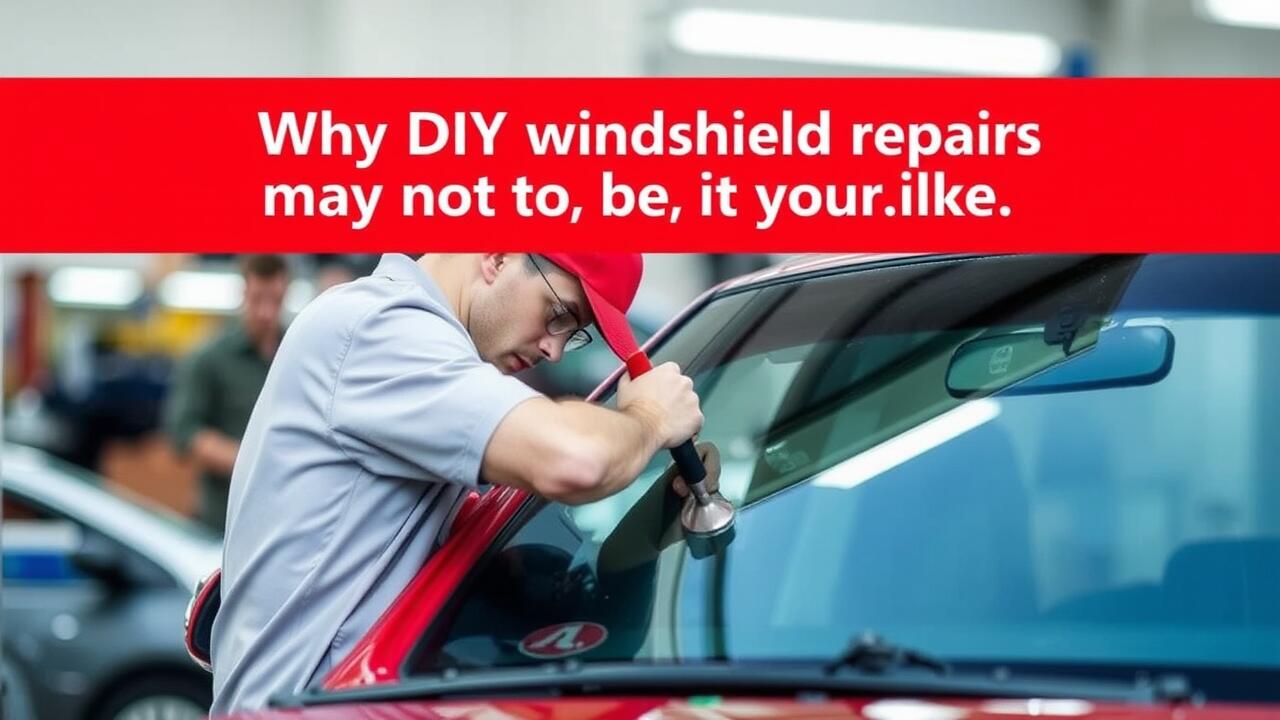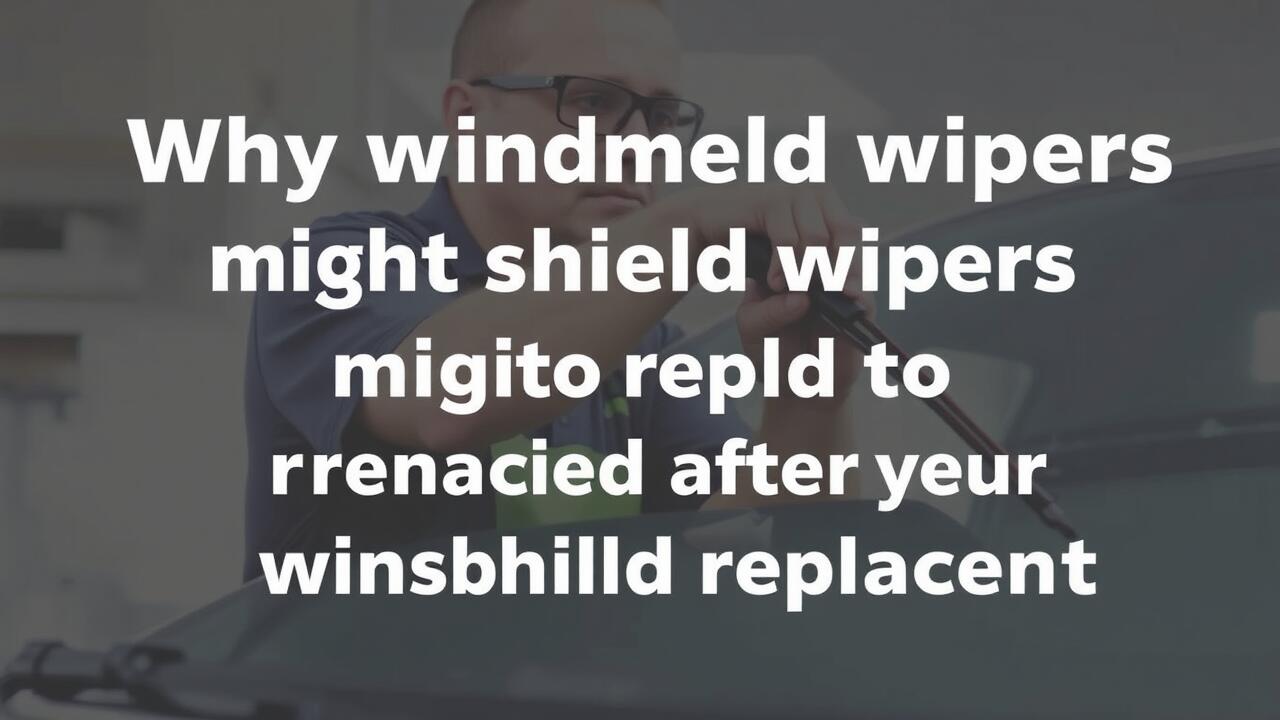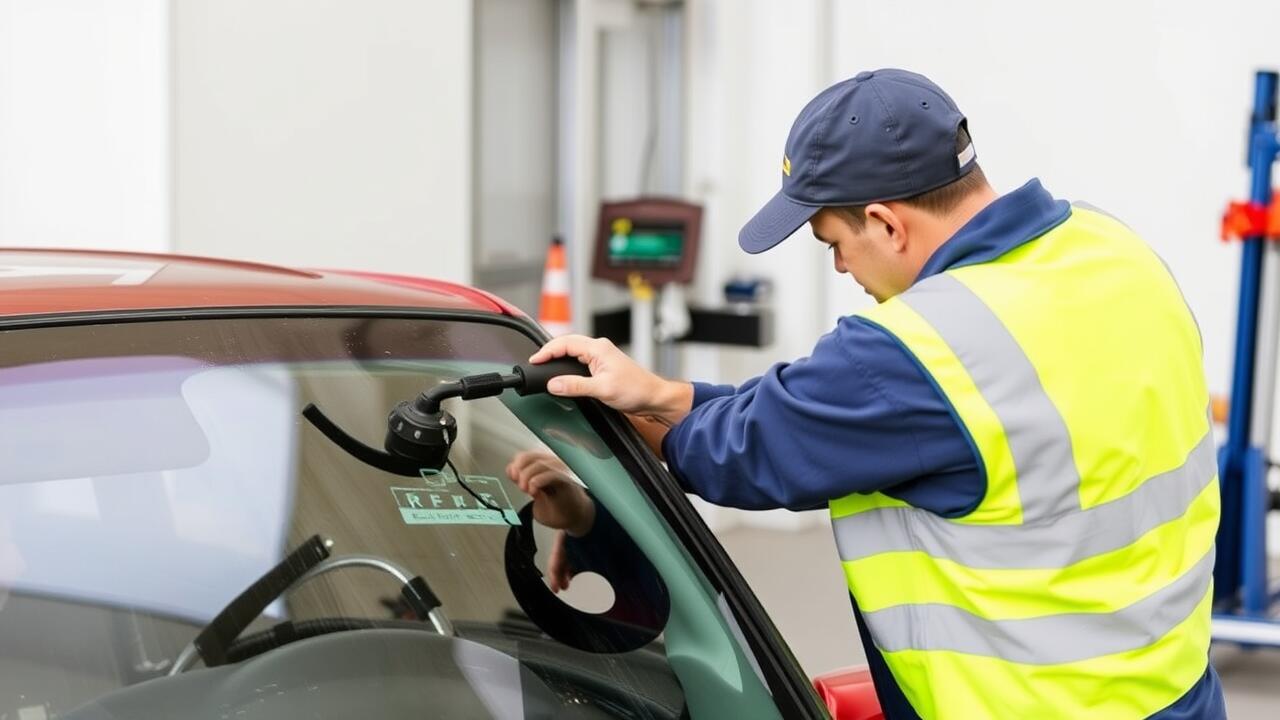
Table Of Contents
Long-Term Solutions for Windscreen Damage
When addressing long-term solutions for windscreen damage, understanding the extent of the crack is crucial. Minor chips can often be repaired, but more significant damage might warrant a complete windshield replacement. Consulting a professional can help determine the right course of action, ensuring safety and compliance with driving regulations. Ignoring the problem can lead to further deterioration, increasing the risk of accidents and higher repair costs down the line.
Ensuring the integrity of your windscreen goes beyond immediate fixes. Regular inspections can help identify potential issues before they escalate. Creating a maintenance routine, such as keeping the windscreen clean and avoiding sudden temperature changes, can prevent damage from occurring. In some cases, opting for a windshield replacement may provide the best long-term solution, offering peace of mind and enhanced visibility while driving.
When to Replace vs. Repair
Assessing whether to repair or replace a cracked windshield often depends on the size and location of the damage. Small chips or cracks that are less than three inches in diameter can typically be repaired. If the damage is located within the driver's line of sight or if there are multiple cracks, a windshield replacement is usually necessary. Safety regulations often guide this decision, as a compromised windshield can affect structural integrity during a collision.
The age of the windshield also plays a role in this decision-making process. An older windshield may have further unknown weaknesses that could complicate repairs. If the damage is not addressed promptly, it could expand due to temperature fluctuations or regular driving stresses. In such cases, opting for windshield replacement ensures that the vehicle is restored to optimal safety levels and provides peace of mind for the driver.
Insurance Coverage for Windscreen Repairs
Many drivers might not be aware that comprehensive auto insurance often covers windshield repairs and replacement. In some cases, policies may even fully cover the costs of a windshield replacement without requiring a deductible payment. This encourages drivers to address any damage promptly, ensuring safety on the road.
It is crucial to understand the specific terms of your insurance policy. Each insurer has different rules regarding windshield coverage, including limits on the number of claims you can make within a certain time frame. Reviewing your policy can provide clarity about whether you need to pay for repairs or if windshield replacement is fully covered, allowing you to make informed decisions.
Common Policies and Their Terms
Insurance policies often address windshield replacement and repair within their terms. Many standard auto insurance plans include coverage for glass damage, allowing policyholders to seek replacements without incurring significant out-of-pocket expenses. The specific provisions vary by insurer, with some plans covering the full cost of windshield repair while others may only cover part of it, depending on the deductible or other conditions.
It's essential to read the fine print associated with your policy. Some providers may require that repairs be conducted at preferred service shops, while others might offer a more flexible approach. Understanding the limits of coverage, like whether it applies only to certain types of damage or if there are caps on costs, can help navigate the claims process more effectively.
Preventive Measures to Avoid Windscreen Damage
To maintain the integrity of your windshield, adopt habits that minimize potential damage. Regularly inspect your windshield for small chips and cracks. Addressing these issues promptly can prevent further deterioration. Avoid parking under trees or near construction sites where debris can cause chips. Additionally, using a windshield sunshade can protect against prolonged UV exposure, which might weaken the glass.
Investing in quality wiper blades is essential for keeping your windshield clear and functional. Worn blades can scratch the glass when used in rain or snow, leading to a need for windshield replacement sooner than expected. Make sure to replace wiper blades as needed and use washer fluid designed for your climate. Routine vehicle maintenance can also help in identifying potential threats to your windshield, ensuring it remains in good condition.
Tips for Maintaining Your Windscreen
Regular maintenance of your windshield can significantly extend its lifespan and prevent the need for windshield replacement. Keeping it clean is essential; dirt and grime can cause scratches over time, which may weaken the glass. Use a gentle glass cleaner and a microfiber cloth to avoid leaving streaks or damaging the surface. Additionally, addressing small chips or cracks promptly can prevent them from expanding, potentially saving you from more extensive repairs or an entire windshield replacement down the line.
Being mindful of environmental factors can also help maintain your windshield's integrity. Extreme temperatures can cause stress on the glass, leading to cracks. Whenever possible, park in the shade during hot weather or use shades to protect the glass. In colder months, defrost your windshield gradually rather than blasting hot air directly at it, which can cause thermal shock. Taking these preventive steps will not only enhance your driving experience but may also reduce the likelihood of needing windshield replacement.
FAQS
Is it safe to drive with a cracked windscreen?
Driving with a cracked windscreen can be unsafe, as it may impair your visibility and compromise the structural integrity of your vehicle. It is advisable to address the issue as soon as possible.
How do I know if I should repair or replace my cracked windscreen?
If the crack is smaller than a quarter and not in the driver's line of sight, it may be repairable. However, larger cracks or those that obstruct visibility typically require a full windscreen replacement.
Will my insurance cover the cost of repairing a cracked windscreen?
Many insurance policies include coverage for windscreen repairs. Check your policy details, as some policies may offer full coverage for repairs without affecting your deductible.
What are some preventive measures to avoid windscreen damage?
To prevent windscreen damage, avoid driving too closely to construction sites, maintain a safe distance from large vehicles, and ensure your vehicle is parked in a sheltered area when possible.
How can I maintain my windscreen to prevent future cracks?
Regularly inspect your windscreen for chips and cracks, clean it with appropriate materials, avoid extreme temperature changes, and ensure your windshield wipers are in good condition to prevent wear and tear.


